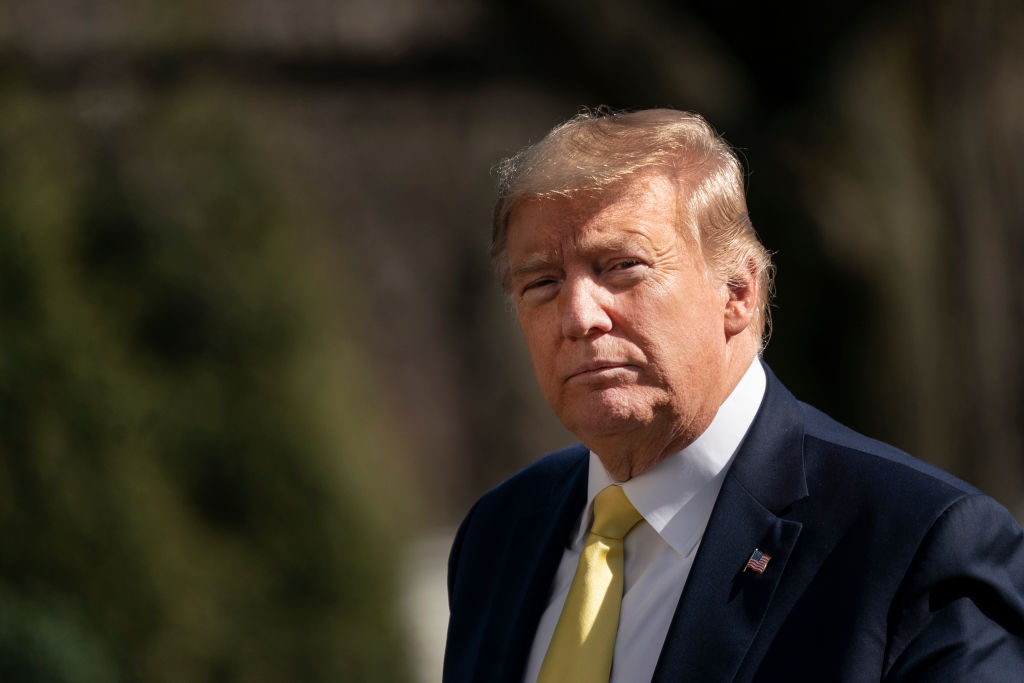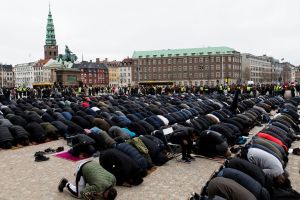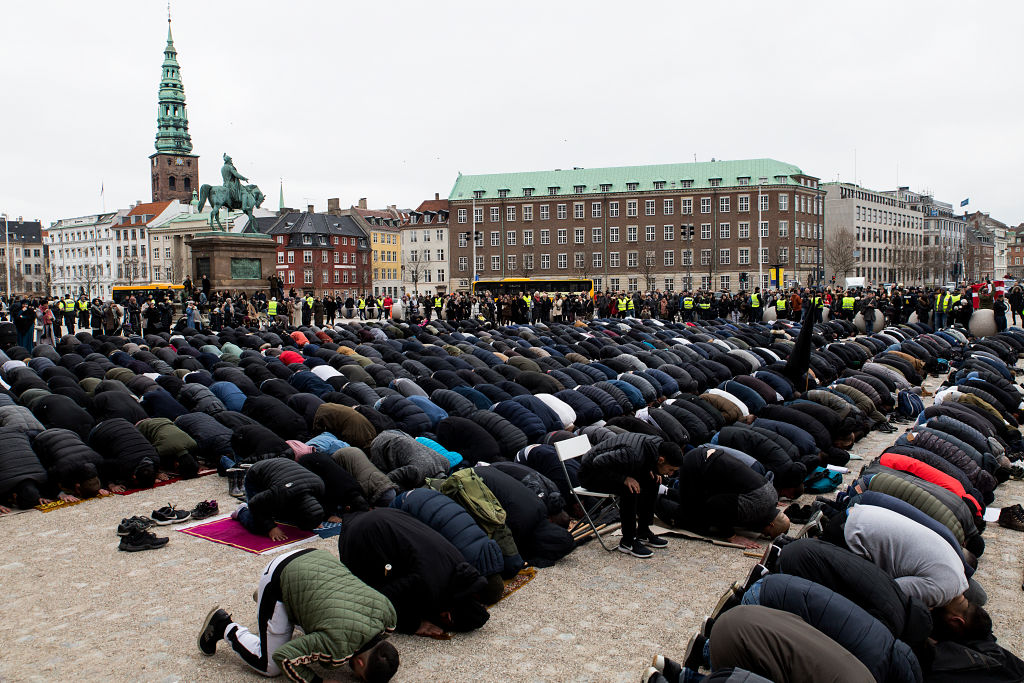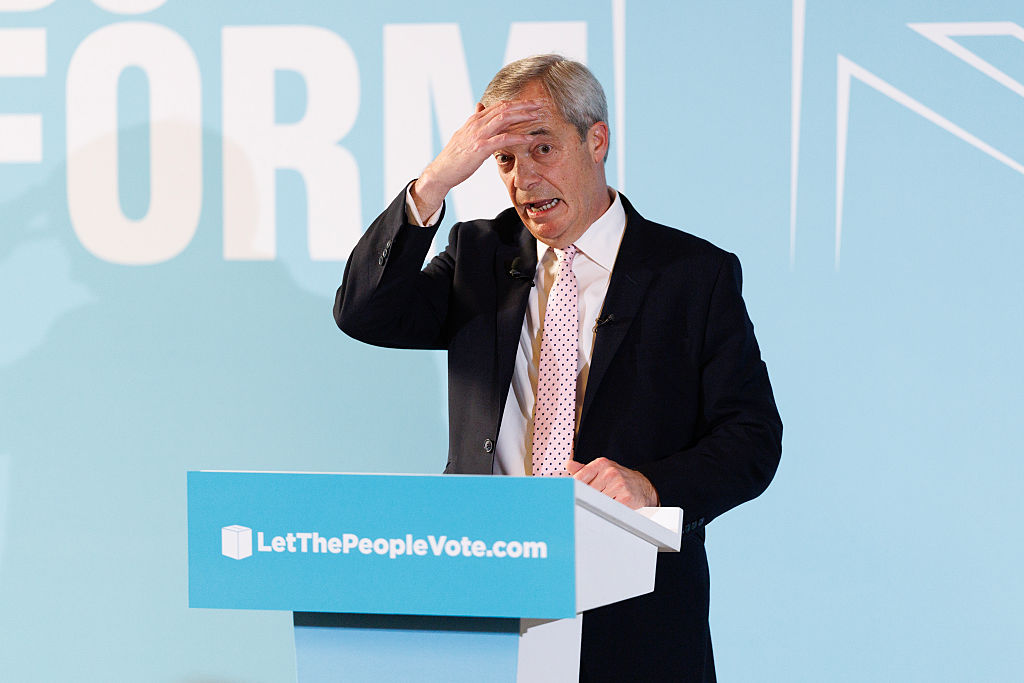At first read, the newly released Mar-a-Lago search warrant reveals little, with about half its pages redacted. It does suggest two possible narratives going forward, one of which has severe political implications: the National Archives sicced the FBI on Candidate Trump.
The warrant says the search was based on “a significant number of civilian witnesses” to Trump’s actions and the Twitterverse is already speculating as to who that might be (Ivanka or the butler?). This will generate a thousand conspiracy theories as to who first told the FBI about the classified documents stored at Mar-a-Lago. But in the end, it adds little to key questions. The warrant also includes a single line saying prosecutors requesting to search Trump’s residence had “probable cause to believe that evidence of obstruction will be found” without explaining what was potentially obstructed and how. The warrant makes clear it does not matter if the documents seized were classified, or had been declassified.
The real meat of the warrant is redacted, some fourteen out of its thirty-two pages. We get the beginning and end but not the important middle. The warrant reiterates that one section of law at issue is 18 USC §§ 793, “Gathering, transmitting or losing defense information…with intent or reason to believe that the information is to be used to the injury of the United States, or to the advantage of any foreign nation,” part of the infamous Espionage Act of 1917.
Also included is 18 USC §§ 2071, “Concealment, removal, or mutilation generally of a record,” and 18 USC §§ 1519, the “anti-shredding provision,” which imposes criminal penalties on anyone who “knowingly alters, destroys, mutilates, conceals, covers up, falsifies, or makes a false entry in any record, document, or tangible object with the intent to impede or obstruct an investigation.” A possible violation of this section is what the line “probable cause to believe that evidence of obstruction will be found” likely refers to.
The warrant gives us the laws in question, and a slightly fuller accounting of what was found at Mar-a-Lago, including previously when Trump cooperatively allowed the DoJ to remove items from his home. The warrant tells us that fifteen boxes taken voluntarily in May contain NDI, National Defense Information. The documents lean toward the higher end of the classified spectrum. Sub-designators include Sensitive Compartmented Information (SCI), meaning classified information derived from intelligence sources, methods, or analytical processes; Special Intelligence (SI), meaning technical and intelligence information derived from the monitoring of foreign communications signals; and HUMINT Control System (HCS), meaning intelligence information derived from clandestine human sources.
Redacted is the in between, the narrative portion of the warrant that links the laws potentially violated to the evidence found/to be looked for. This is especially important for the obstruction charge, which may be as simple as Trump refusing voluntary access to materials stored at Mar-a-Lago, a conclusion that would also explain the need to obtain a warrant.
Based on the visible portions of the warrant, two possible scenarios exist.
One scenario is that Trump takes documents with him from the White House; the National Archives requests those documents returned; Trump voluntarily returns some of them in May and refuses to give up any more documents; the DoJ obtains a search warrant under the above criminal codes to seize the remainder of the documents through the involuntary search in August.
Trump is “guilty” of not returning his classified library books and the DoJ used the search warrant to go pick them up. The argument would be whether the documents in question qualify as “presidential records” and thus could have stayed under Trump’s control, or “government records” which should have been under the control of the National Archives. Comments by Trump and one of his attorneys suggest this may be the view Trumpworld is taking.
The DoJ seems to be taking a different view, given that the unreturned documents appear to be highly classified, and that is to criminalize Trump’s actions. The very first line of the warrant states, “The government is conducting a criminal investigation concerning the improper removal and storage of classified information in unauthorized spaces, as well as the unlawful concealment or removal of government records. The investigation began as a result of a referral the United States National Archives and Records Administration (NARA).”
Under this scenario, Trump knowingly takes classified documents with him from the White House; the National Archives requests those documents returned; Trump voluntarily returns some of them in May but refuses to return the remainder; the DoJ obtains a search warrant under the above criminal codes to seize the documents through the involuntary search in August both to regain possession to safeguard the material against future misuse by Trump and as evidence of his crime of illegal possession; the DoJ indicts Trump, criminalizing his possession of the documents instead of seeing it as a legitimate disagreement over what qualifies as a presidential record.
Obstruction charges come from the lack of cooperation in August as shown in May, necessitating the warrant and full-on field search. Nothing in this scenario requires the documents to be classified, or is affected if Trump declassified any of them. This would be consistent with a footnote on page 21 of the warrant stating, “18 USC 793(e) does not use the term classified information but rather criminalizes the unlawful retention of information relating to the national defense” (emphasis added). In short, the Archives sicced the FBI on Trump.
Even if either of the above narratives is substantively true, this is not a slam dunk case that will end any potential Trump candidacy. In the former, Trump and NARA will argue, likely via motions in front of some court, over which documents were the president’s to control and which were not, a discussion that will break down into technical chatter.
The latter scenario will generate smoke as it is a criminal matter and potential source of indictment for Trump, but absent some sort of unlikely proven criminal intent (Trump planned to give the documents to the Russians!) and in the face of claims that it’s all just banana republic-style politicization of the judicial branch, will generate little fire. It is unlikely the Trump journey ends over a document dispute with the National Archives.

























